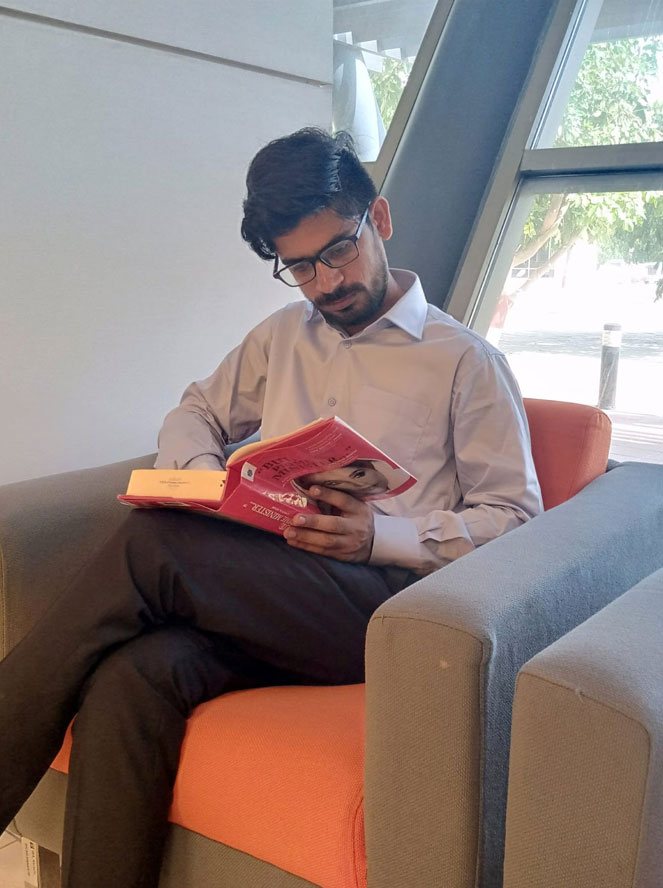CBER HSF Research Collaboration Projects

Shujaat Hussain
Programme: Ph.D Economics
Study Title: Local government autonomy and governance. A case of study of Karachi, Sindh.
The focus of this research is to discuss the potential and challenges that the Pakistani local government system faces. The study will try to determine that why comprehensive local government autonomy and governance is difficult in Karachi. The study will also propose solution based on the outcome of this study that how to increase cooperation between federal, provincial and local government authorities in Karachi Sindh.

Asim Bashir Khan
Programme: Ph.D Economics
Study Title: Political Economy of Local Governments Reforms: How Fragmentation, affected the Fiscal Sustainability, and Service Delivery in Largest City Karachi
There is an outpouring literature about the local government reforms in Karachi and its problems including the political economy factors, but not much is known and written about public and municipal finances, Provincial Finance Commissions, provincial encroachment of local governments’ powers and their impact on urban management and public service delivery. As of now, it is hard to find literature about the city which explore:
- the effect of institutional fragmentation on public service delivery
- shifting between too many LG systems and its effect on urban management
- centralization or decentralization: which has worked better in terms of public finances and service delivery
The basic motivation for this study is to come up with data oriented, objective and evidence-based assessment of various public finance and local governance models and systems under which the city has worked and their respective impact on urban public services.

Tahreem Fatima
Programme: MS Development Studies
Study Title: Climate Change and Food Security in Pakistan: Impacts and Recommendations through a Gendered Lens
Pakistan faces a myriad of challenges, many of which have been aggravated by the climate crisis. Food security is one such challenge. Ranking 92nd out of 116 nations on the Global Hunger Index, food insecurity in Pakistan is a result of both structural and climatic variables. Like all crises, this one too affects women disproportionately as majority of those employed in agriculture, experiencing acute malnutrition, and facing disproportionate burdens of domestic work among other threats, are women. This paper aims to examine the link between food security, structural impediments to food availability and the impacts of the climate crisis in Pakistan through a gendered lens.

Aisha Zia Khan
Programme: MS Development Studies
Study Title: Technological Transformation of the Informal Domestic Work Economy in Pakistan: Impact on the Economic Security of Female Domestic Workers
With the rapid development of platform businesses and the gig economy resulting in the technological transformation of the domestic work sector, it is imperative to study the ways in which the dynamics of domestic work have been re-organized. The focus of this research is on investigating the impact of such transformation on the economic security of women, who make up the largest proportion of domestic workers in Pakistan. Policies regulating technological startups in Pakistan have significant gaps which can lead to further marginalization and disempowerment of female domestic workers in Pakistan amidst the sector’s transformation. This study will offer useful insights for policy proposals to adapt future regulations and policies to accommodate marginalized women in the domestic work sector.